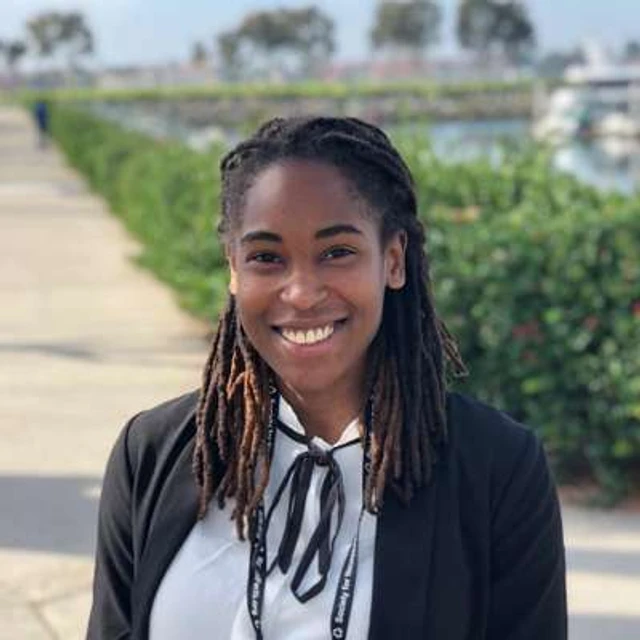
Kelley
MSW candidate
Expertise
East Asian Philosophy, East Asian History, English, Creative Writing, Literature, Art Analysis, Music Analysis, History, Philosophy, Aesthetics, Psychology

Polygence mentors are selected based on their exceptional academic background, teaching experience, and unique ability to inspire the next generation of innovative thinkers and industry leaders.

East Asian Philosophy, East Asian History, English, Creative Writing, Literature, Art Analysis, Music Analysis, History, Philosophy, Aesthetics, Psychology

Communication. Political Communication. Rhetoric. Political Polarization. Politics. Government.

Classical studies (Latin and Greek language and literature), Greek and Roman archaeology, Greek and Roman history, art history, history of architecture, US history, world history, creative writing

Aging and aging-related diseases; maternal and child health; epidemiology; Alzheimer's disease and related dementia; frailty; cognitive decline

Cross Cultural conflict resolution, cultural medicine, refugee health diplomacy and policy, Middle East and North Africa

Games, Animation, Computer Graphics, Simulation, Robotics, Computer Vision, Computer Science, Business Development, Entrepreneurship, Study Skills, Math, Software Eng, AppDev, GameDev

Observational Astrophysics, Computational Astrophysics, Exoplanets, High Contrast imaging, Stellar Nucleosynthesis, Quantum Physics, Quantum Computing, Software Development

Gene therapy, Organ-on-chip, regenerative medicine, precision medicine, molecular biology, immunology, microbiology, biomaterials, tissue engineering

neuroscience, mental illness, neurodegenerative diseases, diabetes, obesity, diet studies

Sports analytics, how to start a business, product design, manufacturing, sustainability, battery, robotics, technology, mechanical engineering, history

Computational Biology, Genetics, Genomics, Microbiology, Microbiome, Undernutrition, Virology, Protein Evolution, Evolutionary Biology, Biochemistry

Indigenous families and communities, Decolonial theory, children's media

'projects that explore correlates in cancer cell line/clinical cancer databases', reviews of biotechnology, projects that explore treatments of neurological disorders, projects involving scientific outreach/public education, broad topics related to molecular biology, genetics, stem cells, neuroscience, immunology

Qualitative research, psychology, social justice, special education, mental health, policy issues, DEI, social issues

cancer biology, bioinformatics, data analytics, public health, computer science, biology, coding